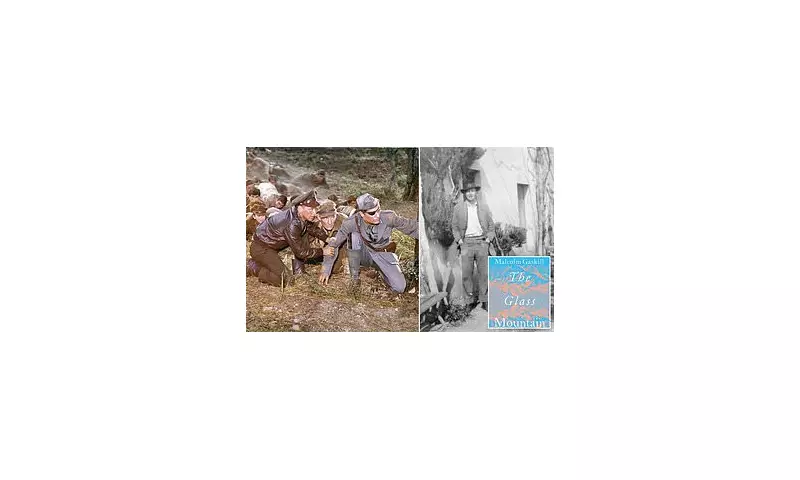
In the shadowy corners of English history, where reason battled superstition and fear gripped entire communities, Malcolm Gaskill's The Glass Mountain emerges as a masterful exploration of our nation's complex relationship with the supernatural. This compelling historical work transports readers to a time when witchcraft accusations could destroy lives and neighbour turned against neighbour in paranoid frenzy.
The Anatomy of a Witch Hunt
Gaskill, one of Britain's foremost historians of the early modern period, meticulously reconstructs the social and psychological landscape of 17th-century England. Through painstaking archival research, he reveals how ordinary villagers became convinced of supernatural conspiracies unfolding in their midst.
The book demonstrates how economic hardship, religious tension, and personal grievances often fuelled accusations, transforming quiet English villages into cauldrons of suspicion and fear.
Beyond the Stereotypes
What sets The Glass Mountain apart is Gaskill's determination to move beyond simplistic narratives. Rather than portraying accused witches as mere victims or accusers as pure villains, he presents a nuanced picture where motivations were complex and circumstances dictated actions.
The Glass Mountain explores how:
- Community dynamics shaped witchcraft accusations
- Legal systems both enabled and constrained witch hunts
- Popular beliefs about magic intersected with formal religion
- Economic pressures influenced supernatural suspicions
A Mirror to Modern Society
While firmly rooted in historical scholarship, Gaskill's work resonates powerfully with contemporary concerns about mass hysteria, fake news, and social persecution. The mechanisms that drove witchcraft accusations - gossip networks, confirmation bias, and groupthink - remain relevant in today's digital age.
This is not merely a history of superstition, but a profound study of human psychology under pressure, making it essential reading for anyone interested in the darker aspects of community dynamics.
Historical Scholarship Meets Compelling Narrative
Gaskill's achievement lies in balancing rigorous academic research with page-turning storytelling. He brings to life the voices of accusers and accused alike, allowing modern readers to understand the genuine terror that witchcraft inspired in communities across England.
The book stands as both a significant contribution to historical scholarship and an utterly compelling read for general audiences interested in England's rich and often dark past.





